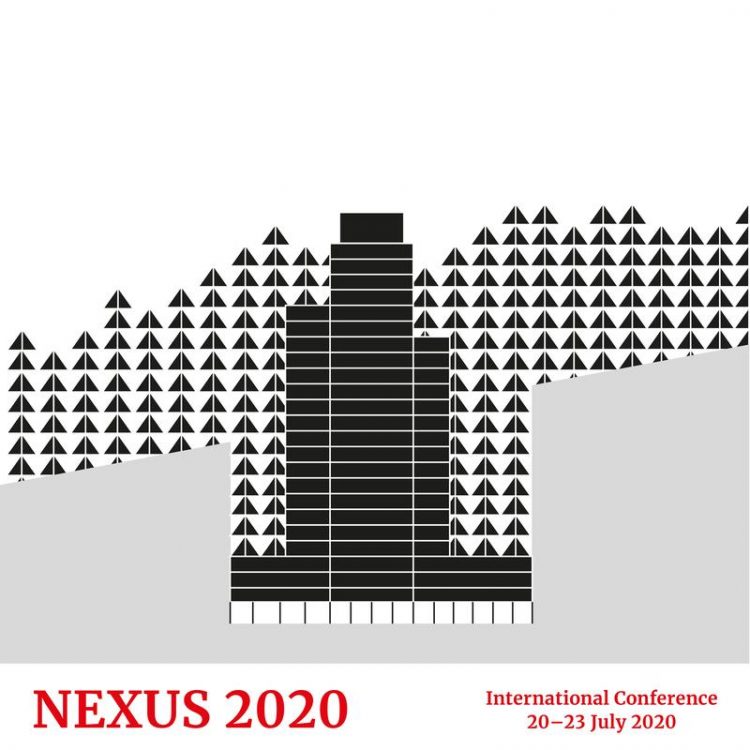NEXUS 2020: Relationships Between Architecture and Mathematics

Nexus Banner
For the first time, fatuk [Faculty of Architecture], TU Kaiserslautern presented in September 2018 the RCA conference, Research Culture in Architecture – International Conference on Cross-Disciplinary Collaboration, which received great success.
The aim of the conference was to stimulate a research culture in architecture, a dialogue across the various fields and disciplines which are relevant for architectural research, in order to discuss the different perspectives on architecture as a whole.
One of the results had been that especially the digital tools lead to digital design thinking in architecture, where mathematics receives an active part of the design development. Mathematics serves as a mediator between the disciplines and as a central element in the integration of external knowledge into the architectural design process.
Architecture is today permeated by computerized methods on different levels from designing, modeling, visualization to fabrication.
Therefore, RCA – FATUK decided to present and host together with Kim Williams Books the Nexus 2020 International Conference with the focus on the relationships between architecture and mathematics.
NEXUS 2020: Relationships Between Architecture and Mathematics will be the thirteenth conference of the NEXUS conference series, following those in 1996 (Fucecchio, Florence, Italy), 1998 (Mantua, Italy), 2000 (Ferrara, Italy), 2002 (Óbidos, Portugal), 2004 (Mexico City), 2006 (Genoa, Italy), 2008 (San Diego, USA), 2010 (Porto, Portugal), 2012 (Milan, Italy), 2014 (Ankara, Turkey), 2016 (San Sebastián – Donostia, Spain) and 2018 (Pisa, Italy).
Abstracts are welcome according the Call for Proposals, published on the website and open until 29 November 2019:
https://nexus2020.architektur.uni-kl.de/
Media Contact
All latest news from the category: Event News
Newest articles

A universal framework for spatial biology
SpatialData is a freely accessible tool to unify and integrate data from different omics technologies accounting for spatial information, which can provide holistic insights into health and disease. Biological processes…

How complex biological processes arise
A $20 million grant from the U.S. National Science Foundation (NSF) will support the establishment and operation of the National Synthesis Center for Emergence in the Molecular and Cellular Sciences (NCEMS) at…

Airborne single-photon lidar system achieves high-resolution 3D imaging
Compact, low-power system opens doors for photon-efficient drone and satellite-based environmental monitoring and mapping. Researchers have developed a compact and lightweight single-photon airborne lidar system that can acquire high-resolution 3D…





















